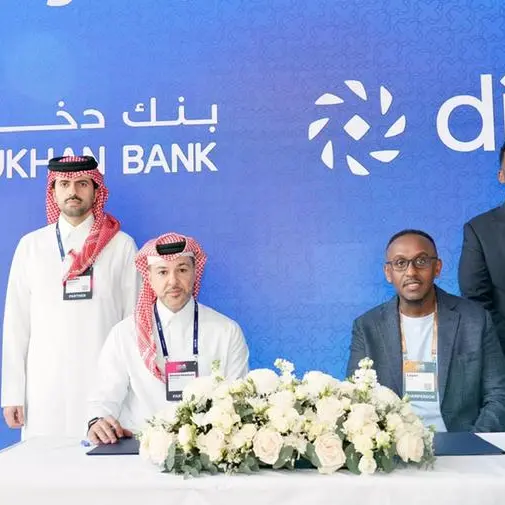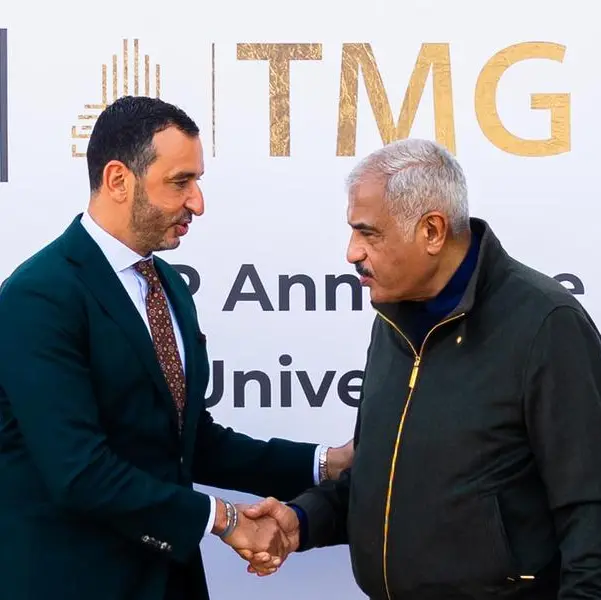PHOTO
Dubai – The Mohammed bin Rashid School of Government (MBRSG) hosted a virtual webinar titled ‘Advancing Public Sector Innovation’ to discuss the best tactics to embed innovation across government entities and private companies, in keeping with local and international developments and to ensure continued sustainable growth.
The virtual event, which was held on Wednesday, February 24, 2021, from 4:00 to 6:00 pm via Zoom, included two sessions: a panel discussion on ‘Creating an Innovation Ecosystem: Insights from the Future Programs, and an interactive speech titled ‘Innovation – The Problem Discovery Phase.’ Videos of the sessions can be requested at Communication@mbrsg.ac.ae
MBRSG Executive President His Excellency Dr Ali bin Sebaa Al Marri said: “The Mohammed bin Rashid School of Government is always working to inform leaders and staff across government entities and institutions about the latest global trends, allowing them to adapt to any new developments and enhance performance at their organisations. UAE Innovation Week is an opportunity to focus on innovation as a trusted and flexible means to accomplish great results in record time, inspiring unconventional ideas and ensuring agile performance.”
“We have high hopes that this webinar will be of value to individuals from both the government and the private sectors looking to enhance their performance and improve their leadership and management skills,” Dr Al Marri added. “This marks a new beginning and gives us a head start in the post-COVID-19 world, setting the stage for creative solutions that ensure continued excellence and prosperity in the UAE.”
Titled ‘Creating an Innovation Ecosystem: Insights from the Future Programs, the first-panel discussion was presented by Dr Mona Mostafa El-Sholkamy, Assistant Professor at MBRSG. It explored the means to establish an integrated procedure within government and private entities to promote innovation, develop new processes to solve challenges, and engage employees and executives in initiatives and programmes to prepare for the next 50 years in the UAE. The panel participants came from each of the four MBRSG’s Future Government Programmes.
The second talk – ‘Innovation – The Problem Discovery Phase’’ – featured Prof Melodena Stephens, Professor of Innovation Management at MBRSG, and examined the concept of disruptive innovation as a process that begins first with defining the problem. This type of thinking is used for complex problem-solving in the public sector.
The virtual webinar gave audiences the opportunity to ask questions to be answered by MBRSG experts and faculty. It set the stage for an exchange of knowledge, expertise, and solutions to promote innovation and enhance government administration and public policies.
© Press Release 2021
Disclaimer: The contents of this press release was provided from an external third party provider. This website is not responsible for, and does not control, such external content. This content is provided on an “as is” and “as available” basis and has not been edited in any way. Neither this website nor our affiliates guarantee the accuracy of or endorse the views or opinions expressed in this press release.
The press release is provided for informational purposes only. The content does not provide tax, legal or investment advice or opinion regarding the suitability, value or profitability of any particular security, portfolio or investment strategy. Neither this website nor our affiliates shall be liable for any errors or inaccuracies in the content, or for any actions taken by you in reliance thereon. You expressly agree that your use of the information within this article is at your sole risk.
To the fullest extent permitted by applicable law, this website, its parent company, its subsidiaries, its affiliates and the respective shareholders, directors, officers, employees, agents, advertisers, content providers and licensors will not be liable (jointly or severally) to you for any direct, indirect, consequential, special, incidental, punitive or exemplary damages, including without limitation, lost profits, lost savings and lost revenues, whether in negligence, tort, contract or any other theory of liability, even if the parties have been advised of the possibility or could have foreseen any such damages.




















